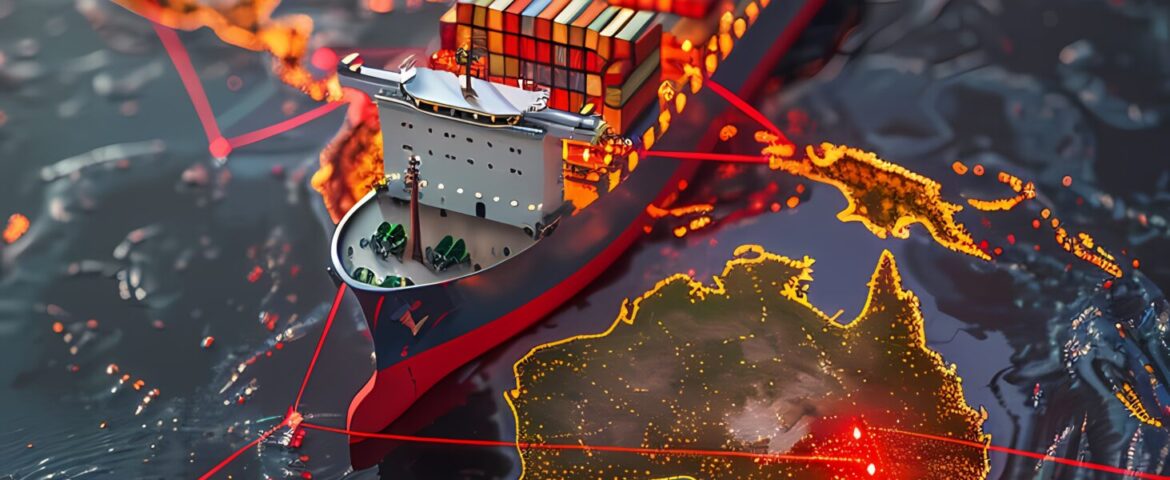In a recent study published in the scholarly journal Transport Policy, Richard Borggreve and PortEconomics member Gordon Wilmsmeier examine the evolving strategies of container shipping alliances and their implications for market concentration and equality across trade routes.
The study introduces Dynamic Time Warping (DTW), a technique traditionally applied in time series analysis, to cluster global trade routes based on alliance deployment patterns. This approach enables the researchers to uncover temporal similarities and shifts in alliance behaviour that might not be detected through traditional static methods.
main findings
- Alliance deployment patterns differ significantly across trade clusters, with consequences for how ports experience competition and service coverage.
- The analysis reveals growing disparities in market concentration, with some trade routes becoming increasingly dominated by specific alliances.
- DTW-based clustering is a valuable lens for assessing port vulnerability, competition dynamics, and accessibility equity across regions.
The findings hold important implications for port authorities, regulators, and logistics planners. A more nuanced understanding of alliance strategies can support proactive policymaking aimed at fostering fairer competition and preventing harmful concentration within the maritime transport sector.
Moreover, ports can leverage these insights to position themselves more strategically within alliance networks, enhancing their resilience and adaptability amid the shifting dynamics of global shipping.
🔗 Access the full article via the journal website: here












